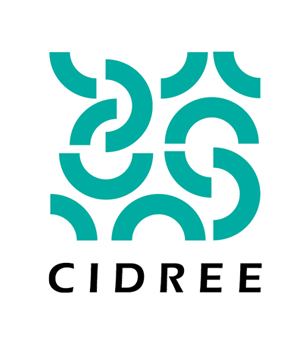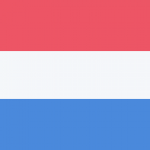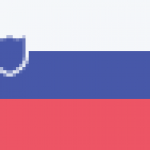
NORWAY – UDIR
The Norwegian Directorate for Education and Training (UDIR)
P.O. Box. 9359 Grønland, 0135 OSLO
N – 0135 Oslo
www.udir.no
Phone + 47 23 30 12 00
Fax + 47 23 30 12 99
CIDREE representative:
Mr Morten Rosenkvist
morten.rosenkvist(at)udir.no
Phone + 47 924 49 294
Fax +47 23 30 12 99
CIDREE National Coordinator:
Ms Hedda Birgitte Huse
hedda.birgitte.huse(at)udir.no
Mobile +47 413 31 219
Institutional size: approximately 300 employees (2012), with offices in Oslo, Hamar and in Molde.
Mission:
The objective of UDIR is to ensure that all children, pupils and apprentices receive the high quality care and education they are entitled to. We work to improve the quality of education and child care. All pupils should attain basic skills and experience a good and including learning environment. They will learn to know how to master a subject or a task and be challenged. All children attending a kindergarten shall receive education and care of an equal standard.
Educational sectors covered:
The Norwegian Directorate for Education and Training is the central administrative authority for the Norwegian kindergarten, primary and secondary education and training sectors. The Directorate is the executive agency for the Ministry of Education and Research.
Key functions:
- We implement national policies and rules across the sectors.
- We issue directives and regulations.
- We prepare and issue examinations, national tests, mapping tests and non-obligatory tests.
- We develop, implement and review the national curricula and the framework plan for kindergarten.
- We participate in international studies.
- We develop and implement a national quality assessment system.
- We offer support and tools to help the sector realise national goals.
- We initiate research and collect data to evaluate progress and national goals.
Current educational priorities / projects:
- We take measures to improve grades and in lower secondary school by offering a more varied and practical education.
- We offer school leaders and teachers resources and training to improve both class leadership and key subjects’ skills.
- We carry into effect measures to improve pupils’ basic skills within numeracy, literacy and writing.
- We target the learning environment and offer tools and resources for school owners, school leaders and teachers to sustain the continuous work within this area.
- We offer tools and resources to sustain the continuous work within assessment for learning: to promote learning.
Our public school system is governed according to a decentralised model. The regional levels are left with much freedom to shape their approach and to define their goals. We define the set of national objectives and monitor progress according to the set of goals.
We aim to improve the effectiveness of the measures we implement across the regional level. This demands a close dialogue and cooperation between the levels of the hierarchy – from directorate to the region, municipality and right into the heart of the schools and kindergartens themselves. The reciprocal flow of information and communication is vital. Only as far as we succeed in the implementation of standards and measures, can we reach our set goals and ensure a high quality care and education across the national level.


